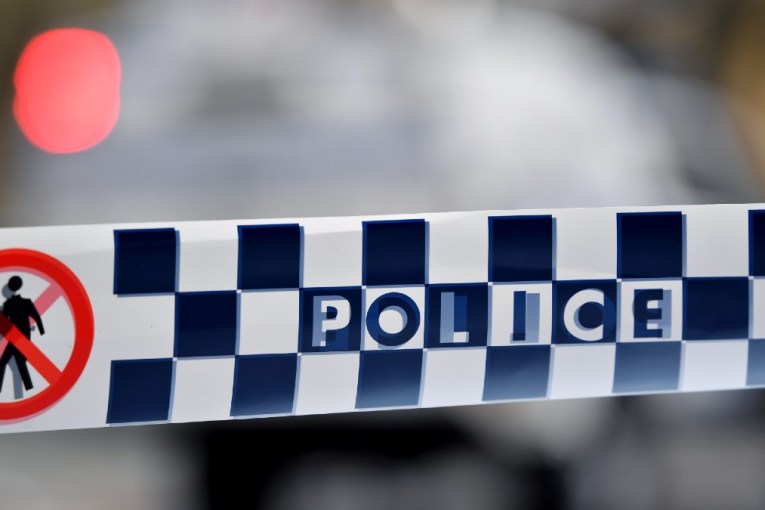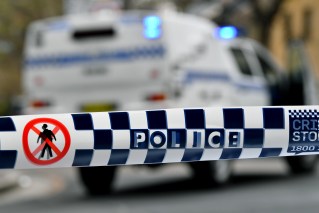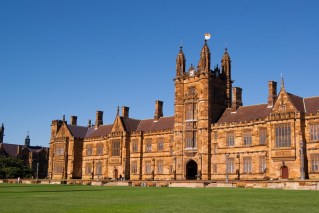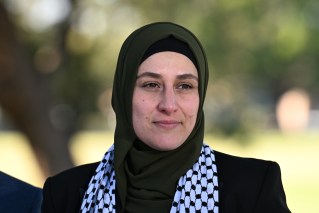Donald Trump’s ‘dangerous’ failed attempt to build a casino in Sydney

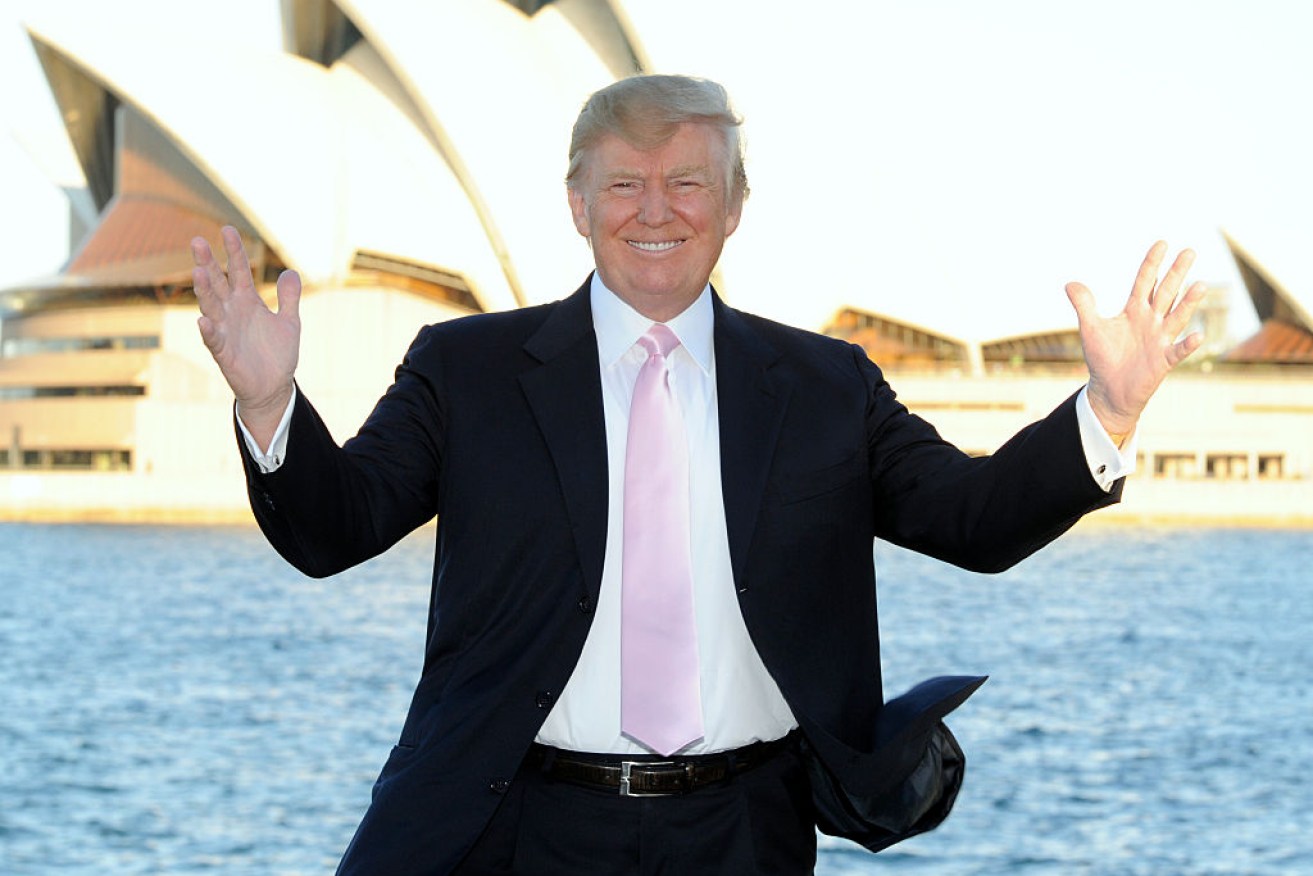
Donald Trump in Sydney during a visit to promote The Apprentice television show in 2011. Photo: Getty
Secret records have emerged from the 1980s of the NSW police condemning now US President Donald Trump’s “dangerous” plans to build Sydney’s first casino due to his “mafia links”.
Mr Trump, in partnership with Queensland-based construction company Kern, failed to gain approval for the construction and operation of a casino on Australian shores as part of the Darling Harbour casino project.
In a confidential report dated May 4, 1987, obtained by The Australian, the NSW Police Board warned the state government to reject Mr Trump’s bid.
The board determined the proposal was “dangerous” and “unacceptable”.
“Atlantic City would be a dubious model for Sydney and in our judgment, the Trump Mafia connections should exclude the Kern/Trump consortium,” the report read.
“The board is firmly of the view that on tests of sound repute, probity and integrity, none of the three consortia … can be considered acceptable; indeed each would be dangerous.”
The document also contained a financial statement from the Canadian Imperial Bank of Commerce Australia (CIBC) which found that Mr Trump’s bid overstated projected revenues and was “not financially viable”.

Trump’s Taj Mahal Casino. Photo: Getty
“The projected casino revenue estimates are not soundly based and the quantum of the potential overstatement is so material that the tender is not financially viable,” the report read.
“Also, the tender is not financially viable on the basis of expected returns to equity investors.”
Three other tenderers were competing to take the reigns of the project: Australian Federal Hotels and Sabemo, Malaysia’s Genting Berhad with Civil and Civic, and Hong Kong Macau Sydney consortium.
During this time, Mr Trump already owned two casinos — Trump Plaza and Trump’s Castle — and was in the process of building the Trump Taj Mahal in Atlantic City, New Jersey, which was opened three years later.
While the NSW Police Board were opposed to Mr Trump, both the Darling Harbour Authority and the regular, Casino Control Division of the NSW Treasury, supported his tender proposal.
“The building forms in this proposal are rich, attractive and well integrated, and the total effect us accessible and should have public appeal,” the authority reported.
Meanwhile, the Casino Control Division said: “It is certified that the Trump organisation in the Kern/Trump consortium is acceptable as an operator and has the capacity to operate a casino in accordance with the law of NSW and the requirements of the Casino Control Division of the Treasury.”
Three months prior to the decision being handed down and the bid rejected, Mr Trump had boasted about his plans for the casino.
“If our design is chosen, it will not only be the largest, but one of the most magnificent, one of the most beautiful hotels anywhere in the world,” he told The Australian in February 1987.
A month before the NSW Cabinet’s decision, Mr Trump distanced himself from the deal, but confirmed three days later he remained a main contender.
One critic of the proposed casino at the time, Rev Fred Nile, who has been a member of the NSW upper house since 1981, told The Guardian he had raised concerns about possible organised crime links.
“We certainly wouldn’t have wanted any connection with organised crime,” he said.
“We talked about that and there was always problems – casinos attract prostitution and other things.”
Neither The White House or Mr Trump have released a statement in response to the media exposé.
